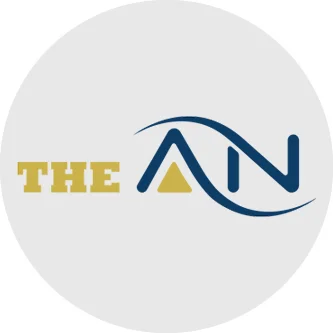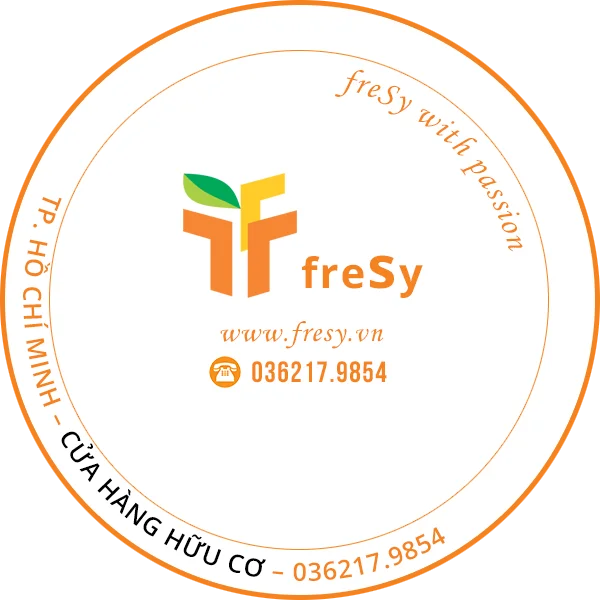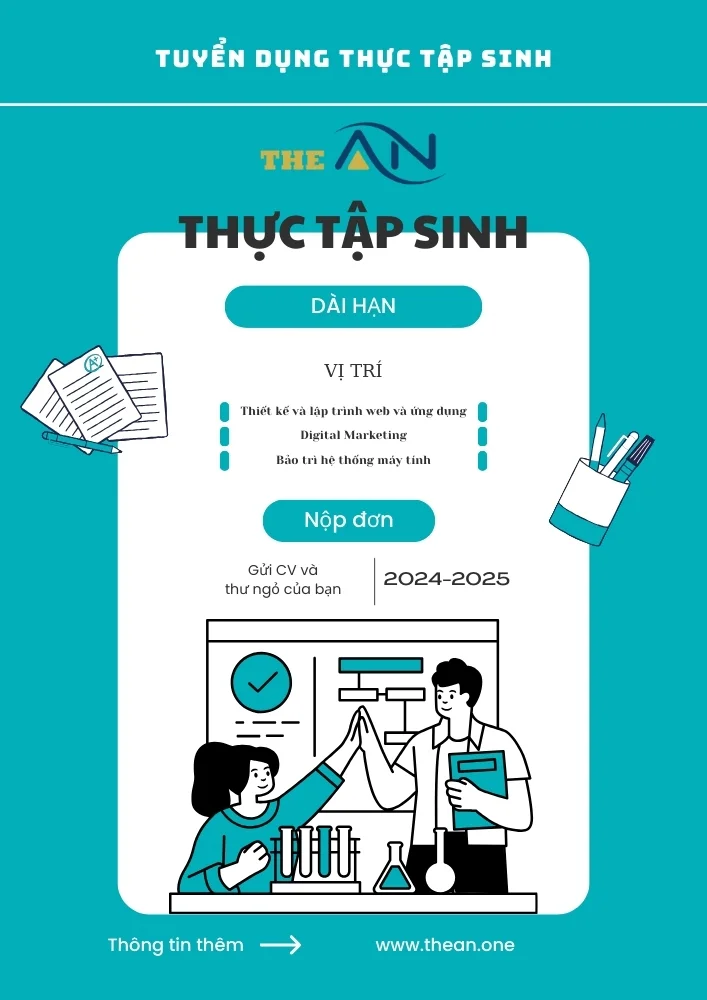List and Examples of Indefinite Adjectives

Indefinite adjectives are a common and challenging topic. The place to start is with a quick look at their fundamental meaning so that you can fully understand how they work. Indefinite adjectives are a little tricky initially, so we covered them. A word often used to describe indefinite adjectives is “unspecific.” This unspecific means they’re not specific in any way. They are “indefinite adjectives,” so you could think of them as adjectives with no definite or indefinite quality.
Indefinite Adjectives
Indefinite adjectives describe a noun without specifying the exact amount, number, or size. They are used to give a general idea rather than a specific one. We use Indefinite adjectives to describe a variety of things. For instance, you could use the adjective few to describe a group of people or the adjective several to describe several books. Using indefinite adjectives allows you to be more general and not have to specify an exact amount or number.
Indefinite adjectives can also give a more general description of a person or thing. For instance, you could use the adjective both to describe a couple or the adjective many to describe many items. You can also use indefinite adjectives to compare two things, such as using the adjective either to reach two people. In addition to telling people and things, we can use indefinite adjectives to describe the amount of something. For instance, you could use the adjective few to describe a small amount of something or many to represent a significant amount.
Examples of Indefinite Adjectives
- She wanted to buy a few books for her collection.
- They had several items on their wishlist.
- We found some exciting artifacts during our trip.
- She bought a few things from the store.
Indefinite Adjectives Vs. Indefinite Pronouns
Both indefinite pronouns and indefinite adjectives designate words that do not name a specific person, place, or thing. However, they are two different parts of speech and therefore have some distinct differences.
Indefinite adjectives are used to describe nouns or pronouns in a sentence. They show that the noun or pronoun is general and unspecified. Common indefinite adjectives include “some,” “any,” “few,” “many,” “each,” and “every”. For example, “I saw some people in the park.” Here, “some” is an indefinite adjective describing “people.”
On the other hand, we can use indefinite pronouns in sentences to replace nouns. They refer to unspecified persons, places, things, or amounts. Common indefinite pronouns include “anyone,” “everyone,” “somebody,” “each,” “both,” “many,” and “all”. For example, “Everybody was invited to the party.” Here, “everybody” is an indefinite pronoun replacing the noun “people.”
Another difference between indefinite adjectives and indefinite pronouns is that indefinite adjectives always come before the noun they describe. In contrast, indefinite pronouns can go before or after replacing the noun. For example, “Many students were absent” and “The students were many.” Here, “many” is an indefinite adjective in the first sentence and an indefinite pronoun in the second.
List of Indefinite Adjectives
- Certain – Describing something that is known or certain.
- Few – Describing a small number of something.
- Several – Describing multiple but only a few.
- Many – Describing a large number of something.
- Any – Describing one or more of something.
- All – Describing all of something.
- Some – Describing an unspecified number of something.
- None – Describing none of something.
- Both – Describing two of something.
Why are Indefinite Adjectives Important?
Indefinite adjectives are an essential part of the English language. They allow us to express ideas and feelings in a precise way. They can be used to communicate a variety of thoughts and are used to characterize nouns.
Indefinite adjectives are essential because they provide a way to describe something or someone precisely. For example, if you wanted to tell a person, you could use the indefinite adjective “tall” to communicate that the person is taller than average. Similarly, if you wanted to describe a place, you could use the indefinite adjective “beautiful” to share that the site is more attractive than average.
In addition to describing something or someone accurately, indefinite adjectives are also vital because they can express a wide range of ideas. For example, you could use the indefinite adjective “honest” to communicate that someone is trustworthy or the indefinite adjective “expensive” to communicate that something is more costly than average.
Finally, indefinite adjectives are essential because they help to do writing and speaking more interesting. By using indefinite adjectives, you can express yourself more precisely and excitingly. This expression can do your writing or speaking more engaging and enjoyable for the reader or listener.
Check Your Understanding Of Indefinite Adjectives
1. __________ food would be great, thanks!
- a. Some
- b. Both
- c. Neither
2. __________ Jack and Jon were there, so it was fun.
- a. Some
- b. Everybody
- c. Both
3. __________ the trees are budding.
- a. Few
- b. Some
- c. All
4. __________ needs a little love
- a. Everyone
- b. few
- c. some
5. Can I ask for __________ favor?
- a. Few
- b. Some
- c. another
Answers
1. Some
2. Both
3. All
4. Everyone
5. Another
Frequently Asked Questions on Indefinite Adjectives in English
Indefinite adjectives refer to a group of people or things in a general way rather than a specific person or thing.
Indefinite adjectives are words that refer to people or things without being specific. They describe nouns generally without referring to a particular person or thing.
Examples of indefinite adjectives include all, few, many, several, some, any, and both.
They indicate something unspecified or unknown, such as age, gender, or number. They are also used to describe a group of people or things without being specific about any one individual. Use Indefinite adjectives to introduce a new idea or to make a description more attractive.
Identification of Indefinite adjectives in a sentence by looking for words that describe an unspecified amount or quantity of something. Examples of indefinite adjectives include some, any, few, many, several, all, half, enough, and numerous.
Quý anh/chị đang tìm kiếm một doanh nghiệp uy tín cung cấp dịch vụ Công Nghệ Thông Tin như Thiết kế và lập trình website, Digital Marketing, hoặc dịch vụ Bảo trì và chăm sóc hệ thống máy tính, ...? Đừng ngần ngại hãy liên hệ với The ÂN qua số điện thoại (+84).326.418.478 để được tư vấn cụ thể, hoặc liên hệ qua mẫu tin.
Các thông tin nổi bật khác:









